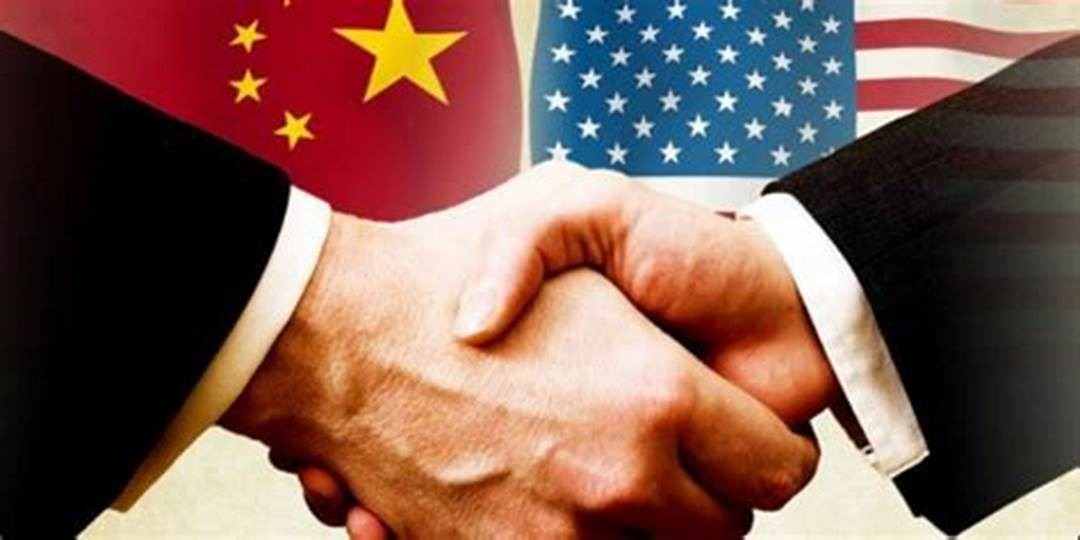In a major breakthrough for the global aviation industry, China has lifted its month-long ban on the delivery of Boeing aircraft following a significant easing of trade tensions with the United States. The move comes after both countries agreed to a temporary reduction in tariffs, marking a positive turn in the ongoing US-China trade war and offering much-needed relief to Boeing and Chinese airlines alike.
Ban on Boeing Deliveries Removed:
Chinese authorities have informed domestic airlines and government agencies that they can resume taking delivery of Boeing aircraft, ending a ban that had halted shipments for the past month. The decision follows a breakthrough in trade talks between Beijing and Washington that resulted in a mutual, temporary reduction in tariffs on both sides.
Background: Ban Linked to Trade War Escalation:
The ban was imposed in mid-April 2025 as a direct response to the US raising tariffs on Chinese goods to as high as 145%, with China retaliating by imposing 125% tariffs on US imports, including aircraft and aviation components. The tit-for-tat measures had severely disrupted Boeing’s access to the Chinese market, which accounts for roughly 20% of projected global aircraft demand over the next two decades.
Impact on Boeing and Chinese Airlines:
During the ban, Boeing was unable to deliver dozens of aircraft to China’s top carriers-Air China, China Eastern, and China Southern-who had collectively planned to take delivery of 179 Boeing jets between 2025 and 2027. The halt not only threatened Boeing’s financial outlook but also risked pushing Chinese airlines toward Airbus and domestic manufacturer COMAC as alternative suppliers.
Trade Truce and Tariff Reductions:
The resumption of Boeing deliveries is part of a broader 90-day trade reprieve, under which the US and China have agreed to temporarily slash tariffs on a range of goods. Most notably, the US “de minimis” tariff on small-value Chinese shipments was cut from 120% to 54%, and China reduced tariffs on US imports from 125% to 10%. This easing of trade barriers is expected to benefit not only the aviation sector but also global supply chains and consumer markets.
Discretion for Airlines:
Chinese airlines have been given discretion to organize the timing and terms of their Boeing deliveries, allowing them to manage logistics and fleet planning according to their operational needs.
Industry and Market Reaction:
The announcement has been welcomed by both US and Chinese business communities, with Boeing’s stock expected to rebound and Chinese carriers expressing relief over the return of normal trade relations. Aviation analysts note that the move will help stabilize Boeing’s order book and support the recovery of China’s aviation sector as travel demand rebounds post-pandemic.
“The move meets the expectation of producers and consumers in both countries, serves the interests of both sides and the common interests of the world,” a spokesperson for China’s Ministry of Commerce stated.
With the ban now lifted, Boeing is set to resume deliveries to one of its most important markets, signaling a possible thaw in US-China trade relations and renewed momentum for the global aviation industry.
Source: Bloomberg, The Daily Star, Airways Magazine, Reuters
